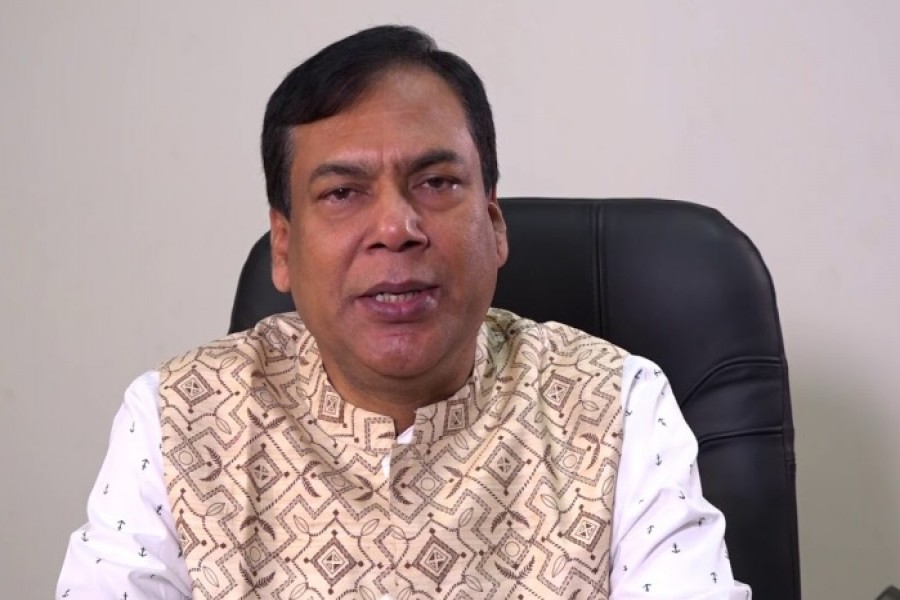
Published :
Updated :

The coronavirus crisis in Bangladesh is not going away anytime soon and it may take at least two to three years to disappear, said Prof Dr Abul Kalam Azad, Director General of the Directorate General of Health Services (DGHS).
“The government has to work to balance the life and livelihood...according to the experience of different countries and public health experts, the prevalence of coronavirus will not end in one, two or even three months. It will last for two to three years or more. Although the rate of infection may not be so high,” he said.
The DGHS chief was speaking at the daily COVID-19 health bulletin broadcast from Mohakhali in the capital.
He highlighted that it will not be easy to tackle COVID-19 if people remain so careless.
“Bangladesh is a densely-populated country and the coronavirus is highly contagious. So, the coronavirus infection can be difficult to be dealt with if people move so carelessly and do not follow hygiene rules,” Dr Azad said.
The DGHS Director General announced that the government is working to extend the RT-PCR testing facility to the district level in both government and private institutions.
“Also, simple alternative measures to detect COVID-19 will be taken alongside RT-PCR testing. Such testing will be introduced at the upazila-level hospitals,” he added.
According to Dr Azad, a process is underway to increase the number of ICUs in all government district hospitals. “Centralised oxygen supplies will be set up in hospitals and high flow nasal cannula will be provided, too.”
He mentioned that a planned collection and supply method is being adopted to avert the testing kit and PPE crises in hospitals.
“The government will set the pricing for the facilities in private hospitals and monitor those. They will be provided with necessary government assistance. Measures will be taken so that the public and private sectors can work together,” the DGHS Director General said adding that a team of experts is working to determine the 'red zones' to contain and curb high infection rates.
Dr Azad, who himself recovered from the COVID-19 disease this week, said the government had to reopen all economic activities for unavoidable reasons. “Keeping economic activities shut for a long time can lead to unemployment, loss of income, and other social and economic problems resulting in widespread malnutrition, diseases, and other hazards that can kill people.”
He, citing experts, said after a while the high rate of infection may fall in the country. “But increasing the number of tests will identify many hidden cases and cases with mild symptoms. The change in the number of infected people may not be visible if that happens.”
The DGHS Director expressed concern at the murder of Dr Md Abdur Rakib Khan at the hands of relatives of a deceased patient, and sought swift justice to his family.
He urged everyone to have confidence in Prime Minister Sheikh Hasina and her leadership. “The government is taking pragmatic steps that can be done at the highest possible capacity,” he said, reports UNB.


 For all latest news, follow The Financial Express Google News channel.
For all latest news, follow The Financial Express Google News channel.